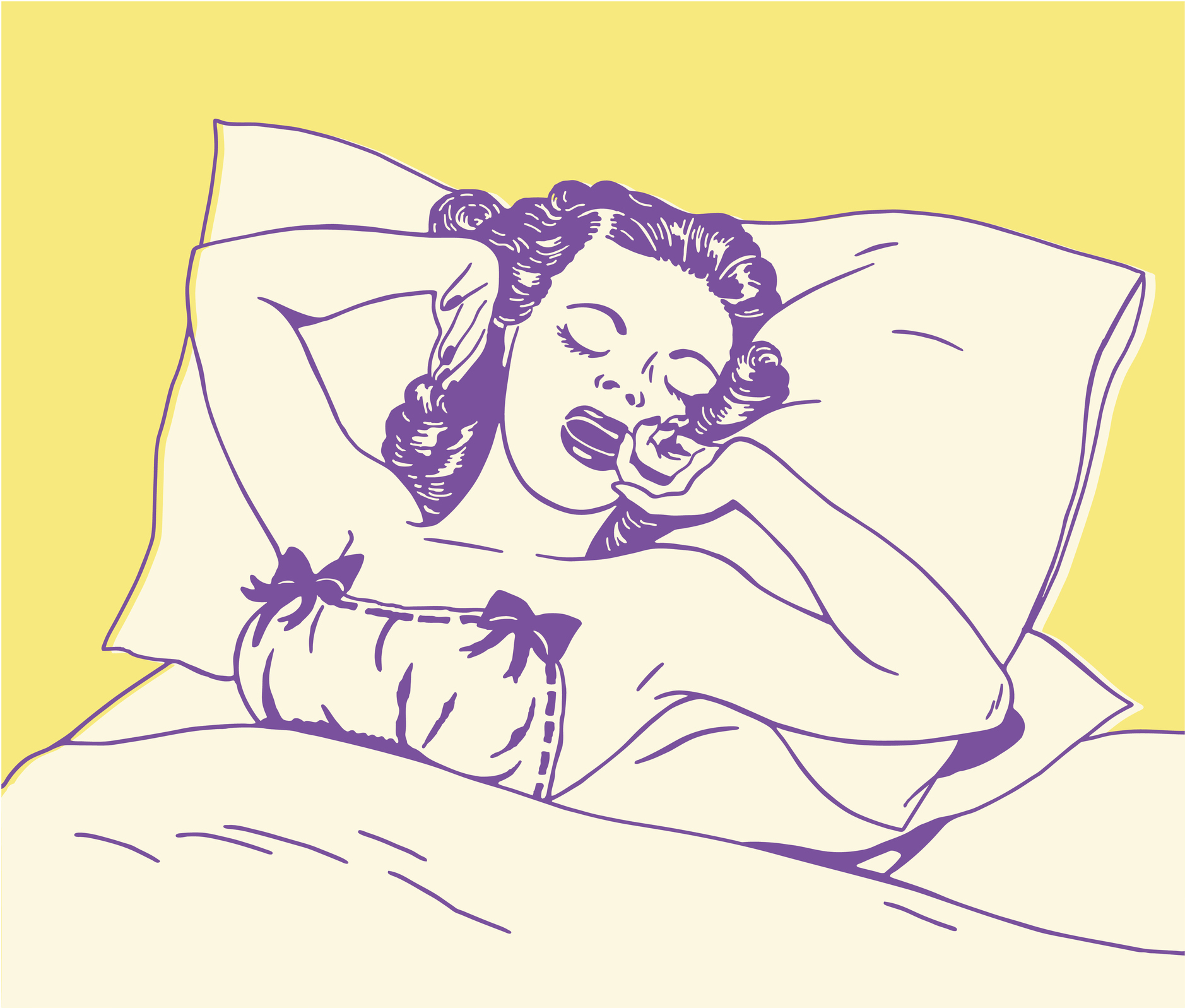Neck pain really is, well, a pain in the neck. It affects a lot of us and the causes range from bad posture to meningitis.
Neck stiffness can be due to a variety of reasons. Here are some of the most common ones:
Muscle tension and strain
This is usually the result of certain activities or behaviours. These can include:
• Bad posture
• Sleeping with your neck in a bad position
• Sitting (for example at a desk or on a sofa) without moving your neck for a long time
• Jerking your neck while you exercise
Injury
Your neck is particularly vulnerable to injury. The most common cause of neck injuries are sporting and car accidents, and falls.
When the muscles and ligaments in the neck are forced to move outside their normal range, it can lead to pain. So can damage to the neck bones – which are also known as cervical vertebrae.
Whiplash is a common injury caused by a sudden jerking of the head. Trauma can also result in a spinal disc protruding, which puts pressure on the spinal cord or nerve routes. This is known as a herniated cervical disc as well as a ruptured or slipped disc.
Illness
Some health conditions affect the neck. These can include:
• Meningitis. This is an inflammation of the tissue around the brain and spinal cord, and a stiff neck can be one of the first signs – along with a headache and a fever – that you have this potentially fatal disease. Seek help immediately.
• Osteoporosis. This bone thinning disease can affect cervical vertebrae, weakening them and potentially leading to small fractures.
• Rheumatoid arthritis. This autoimmune condition causes swelling of the joint and bone spurs. It can occur in the neck, resulting in localised pain.
• Fibromyalgia. Muscle pain is a symptom of this condition, which often affects the neck and shoulders.
• Heart attack. Neck pain is one of many different symptoms that occur when your heart is having trouble beating. If you also have arm, jaw and chest pain and are short of breath, sweating more than usual or you feel like you could vomit, get medical attention immediately.
• Spinal stenosis is a condition that occurs when the spinal column narrows and puts pressure on the spinal cord. It can be the result of long-term inflammation caused by an illness such as arthritis.
Age
As we age, the discs in our backs can degenerate, causing spondylosis, or arthritis of the back. This can lead to the spaces between your vertebrae becoming narrowed, which may stress your joints.
Other causes of neck pain
These are are not as common but neck pain can be due to:
• Tumours
• Infections
• Abscesses
• Congenital abnormalities
Treatment of neck pain
This depends on what is causing the neck pain. You may need an X-ray, ultrasound, MRI or CT scan to identity what has gone wrong. If your stiff neck is due to another condition – such as a heart attack or meningitis – you will need immediate emergency treatment.
If your pain is caused by something less serious, other possible therapies include:
• Treatment using heat and ice
• Physical therapy
• Stretching exercises
• Corticosteroid injections
• Painkillers
• Muscle relaxants
• Antibiotics, if an infection is the cause of your pain
• Alternative therapies such as chiropractic, massage and acupuncture
• Surgery, although this rare
Self-care for your neck:
If the pain is minor or it just feels stiff, there are some things you can do at home to try to ease the situation, such as:
• Applying ice for the first few days and after that, using heat on the sore part, for example a heat pack or hot water in the shower
• Taking over-the-counter pain relief, such as ibuprofen
• Avoiding physical activity that could aggravate your neck pain, such as playing sport or doing heavy lifting
• Doing very gentle stretching exercises, for example slowly turning your head from side to side
• Frequently changing your position, whether you are standing or sitting
• Trying to improve your posture. If your pain is caused by muscle strain due to bad posture, learning to sit up properly can help to prevent the pain. You may need to modify the way you use a computer or other equipment
• Changing your pillows. Look for ones specially designed to give your neck the best possible support
Warning signs about neck pain
See your doctor immediately if your symptoms also include:
• A fever
• Swollen glands
• Nausea and vomiting
• Weakness, numbness or tingling
• A lump in your neck
• Pain that radiates down your arms and legs
• Difficulty moving your arms
• Problems swallowing or breathing


